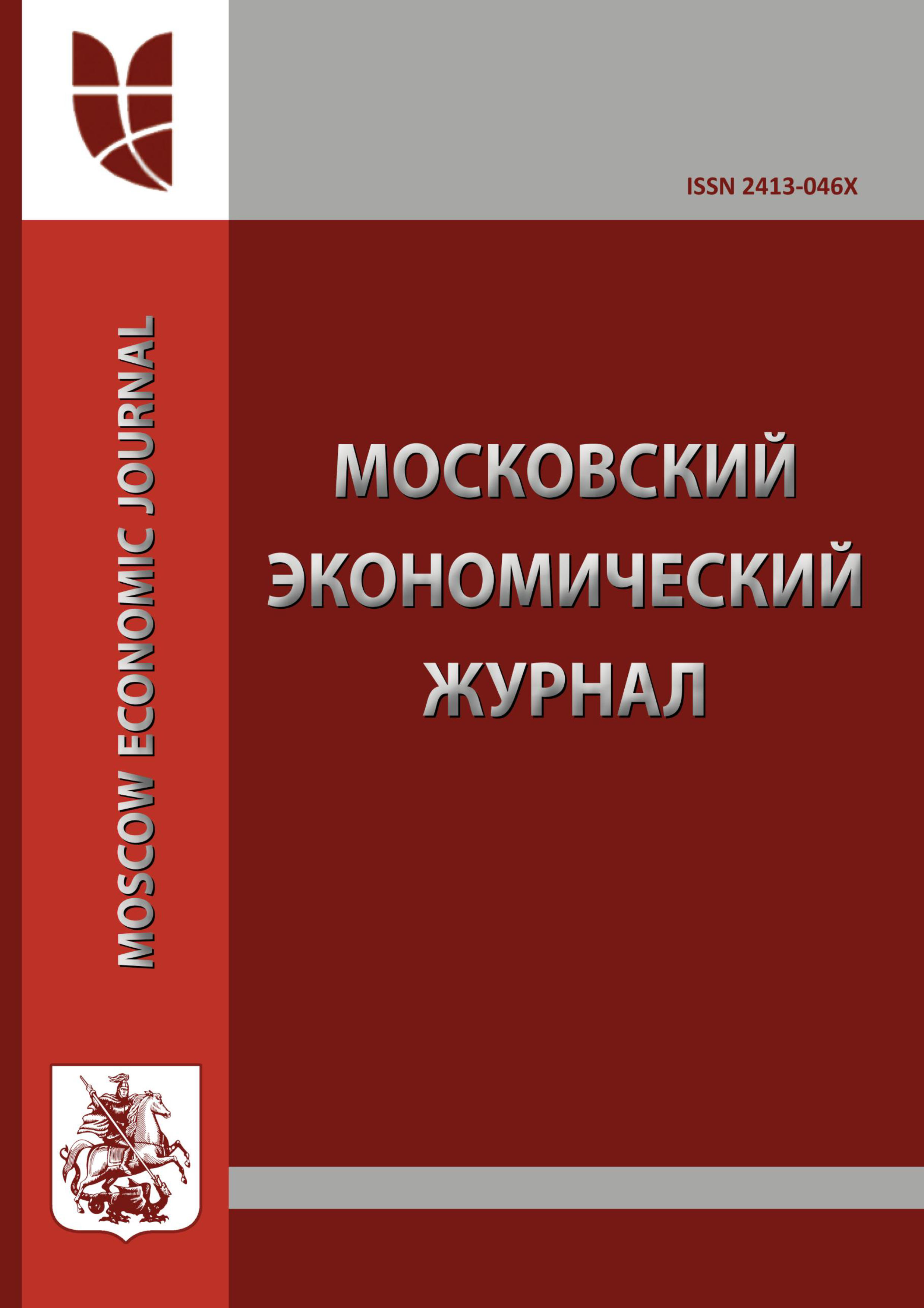The purpose of work is the analysis of long-term consequences of interaction of intangible assets of the enterprises based on the monitoring of statistical and expert data. The conditions of the balanced steady growth based on properties of a matrix of linear transformation of the vector characterizing conditions of intangible assets are considered. The numerical estimations of the quality of innovation processes, based on the dynamics of the totality of the forms of economic activity and on the totality of intangible assets are given. It is shown that the crisis state of dynamics of intangible assets can be transferred to growth at change of structure of these assets. Results of the analysis are intended for formation of the operating influences directed on achievement of steady growth in the sphere of innovations.
management of intangible assets of the enterprise, expert data, multiple-valued logical conclusion, estimates of mutual influence of factors, transitive short circuit
1. KPMG. MSFO: tochka zreniya KPMG. Prakticheskoe rukovodstvo po mezhdunarodnym standartam finansovoy otchetnosti, podgotovlennoe KPMG. M.: Al'pina Pablisher, 214. 2832 s. ISBN 978-5-9614-464-3.
2. Ernst & Young Primenenie MSFO 211 v 3-h chastyah // M.: Al'pina Pablisher. 211. 4 S. ISSN 978-5-4295-19-5
3. Coelli, Timothy J., D.S. Prasada Rao, Christopher J. O’Donnell and George E. Battese, An Introduction to Efficiency and Productivity Analysis, Springer, 2nd edition, 2005.
4. Commission of the European Communities, Creating an Innovative Europe (‘Aho Report’), Commission of the European Communities, Luxembourg, 2006.
5. Herrera, Santiago and Gaobo Pang, Efficiency of Public Spending in Developing Countries: An Efficiency Frontier Approach, World Bank Policy Research Working Paper 3645, June 2005.
6. Gusev V.B., Isaeva N.A. Metod refleksivnogo ocenivaniya vzaimodeystviya faktorov denezhno-kreditnoy politiki / Fundamental'nye issledovaniya. 213. № 1. chast' 9. S. 25-29.
7. Gusev V.B., Isaeva N.A., Guseva N.E. Monitoring effektivnosti ispol'zovaniya nematerial'nyh aktivov krupnyh predpriyatiy. Materialy Devyatoy mezhdunar. konf., 3-5 okt. 2016 g., Moskva: v 2-h t. / In-t problem upr. im. V.A.Trapeznikova Ros. akad. nauk; pod obsch. red. S.N. Vasil'eva, A.D. Cvirkuna. T. 2: Cekcii 5-13. M.: IPU RAN, 2016. S. 306-310. ISBN 978-5-91450-185-0.











